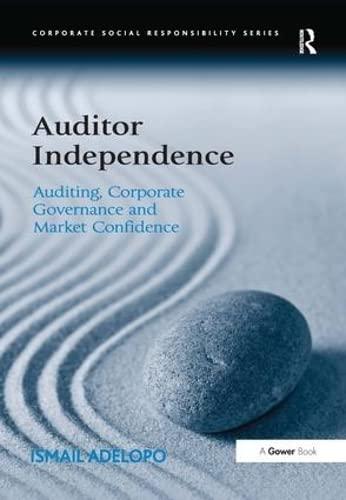QUESTION ONE Corona Virus Disease Pandemic (COVID-19) has a devastated impact on many economies of the world. COVID-19 is not only a public health and medical issue but also an economic and fiscal matter. Ghana recorded the first case of the virus in March 2020, three months into the implementation of the national budget. Therefore, the cost of fighting the disease is unbudgeted for, which has created a fiscal challenge for the country. The Minister of Finance recently in a statement to Parliament' estimated that the fiscal impact of COVID-19 may stem from the shortfall in petroleum receipts, shortfall in import duties, shortfall in other tax revenues, the cost of the preparedness plan, and the cost of Coronavirus Alleviation Programme (CAP) which will altogether cost the country an extra GHS9,505 million. In the statement, the Minister of Finance posits that COVID-19 will have severe impact on the fiscal targets contained in the 2020 Budget Statement and Economic Policy. It is estimated that the overall fiscal deficit will increase from the programmed GHS18.9 billion (4.7% of GDP) to GHS30.2 billion (7.8% of revised GDP). The primary balance will correspondingly fall from a surplus of GHS2,811 billion (0.7% of GDP) to a deficit of GHS5.6 billion (1.4% of GDP). The Minister therefore proposed the following measures, among others, to close the fiscal gap: i) Arrange with Bank of Ghana (BOG) to defer interest payments on non-marketable instruments estimated at GHS1,222.8 million to 2022 and beyond; ii) Adjust expenditures on Goods & Services and Capital expenditure (Capex) downwards by GHS1,248 million; iii) Secure the World Bank Development Policy Operations (DPO) of GHS1,716 million; and iv) Secure the IMF Rapid Credit Facility (RCF) of GHS3,145 million. Use of monies in Ghana Heritage Fund? In addition to the efforts of the Minister of Finance to address the threats of COVID-19, the President has established COVID -19 Trust Fund into which donations from individuals, groups and corporate bodies are to be paid. Further, many donations, mostly in the form of medical equipment, veronica buckets, sanitary aids, and food for the vulnerable, have been made by individuals, groups, firms and civil society organisations, directly to public sector entities involved in the fight against the COVID-19. One important thing that we should not lose sight of is the need to demonstrate accountability for the donations, especially those in kind, to remedy the likelihood of corruption in the application of the donations. The fight against COVID-19 does not suspend the need for high level of accountability and transparency required in public sector management. Required a) The Minister of Finance suggests that the COVID-19 has affected the fiscal gap. Explain how the COVID-19 affects the fiscal balance of the government for the year. (5 marks). b) Discuss how measures (i) and (ii) proposed above by the Minister of Finance would help to address the fiscal challenge caused by the COVID-19. (5 marks) c) In your informed opinion, is the proposal to use of the Ghana Heritage Fund to address the threats of the COVID -19 acceptable? Explain your position. (5 marks) d) In line with the International Public Sector Accounting Standard, IPSAS 23: Revenue from Non-exchange Transactions, explain how COVID-19 related donations to the public sector entities be measured and recognized in the financial records








